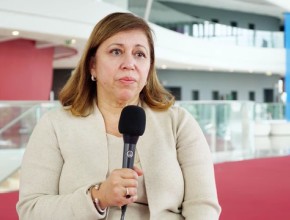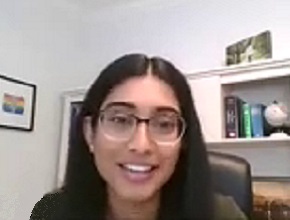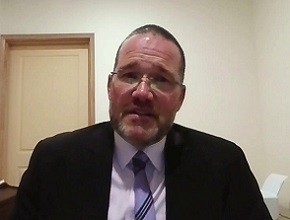Dr Per Sjøgren is a professor of palliative medicine in the Department of Oncology, Rigshospitalet, University of Copenhagen, Denmark, and member of the International Scientific Expert Panel (ISEP) of Cicely Saunders International.
If you were to name the 3 most important recent advances in the management of cancer pain with opioids, what would they be?
Prof. Per Sjøgren, MD: First, the appearance of guidelines based on systematic reviews is a major step forward, and it is mandatory that these guidelines are continuously updated. However, as opioids are very old drugs, it is in fact remarkable that a substantial part of opioid management that takes place in everyday clinical practice is not based on solid evidence. On the contrary, the evidence is often weak.
Second, and according to recent randomized controlled trials on complex palliative care interventions, it is quite disappointing to note that pain management of patients with advanced cancer is not very successful. The major outcomes of these studies demonstrate a generally improved quality of life but seldom symptom control, including pain relief. Therefore, it is mandatory that the evidence-based pain and opioid management guidelines, which are based on international consensus, are implemented and adapted to local needs. Upcoming local studies from around the world focusing on cancer pain management programs demonstrate that meticulous monitoring and management strategies in relevant local environments, based on energetic teaching and mentorship, can upscale [the performance of] health-care professionals and provide excellent outcomes.
And third, I think we should focus on the long-term opioid exposure in the future, not only in cancer patients but also in [those with] chronic noncancer pain. We need to focus on addiction, physical dependance, tolerance development, opioid-induced hyperalgesia, cognitive dysfunction, and also the suppression of immune and reproductive systems. This may enhance effective opioid use and these are clearly new areas that should promote a highly warranted research agenda concerning these issues of long-term opioid use.
 English
English
 Español
Español
 українська
українська










